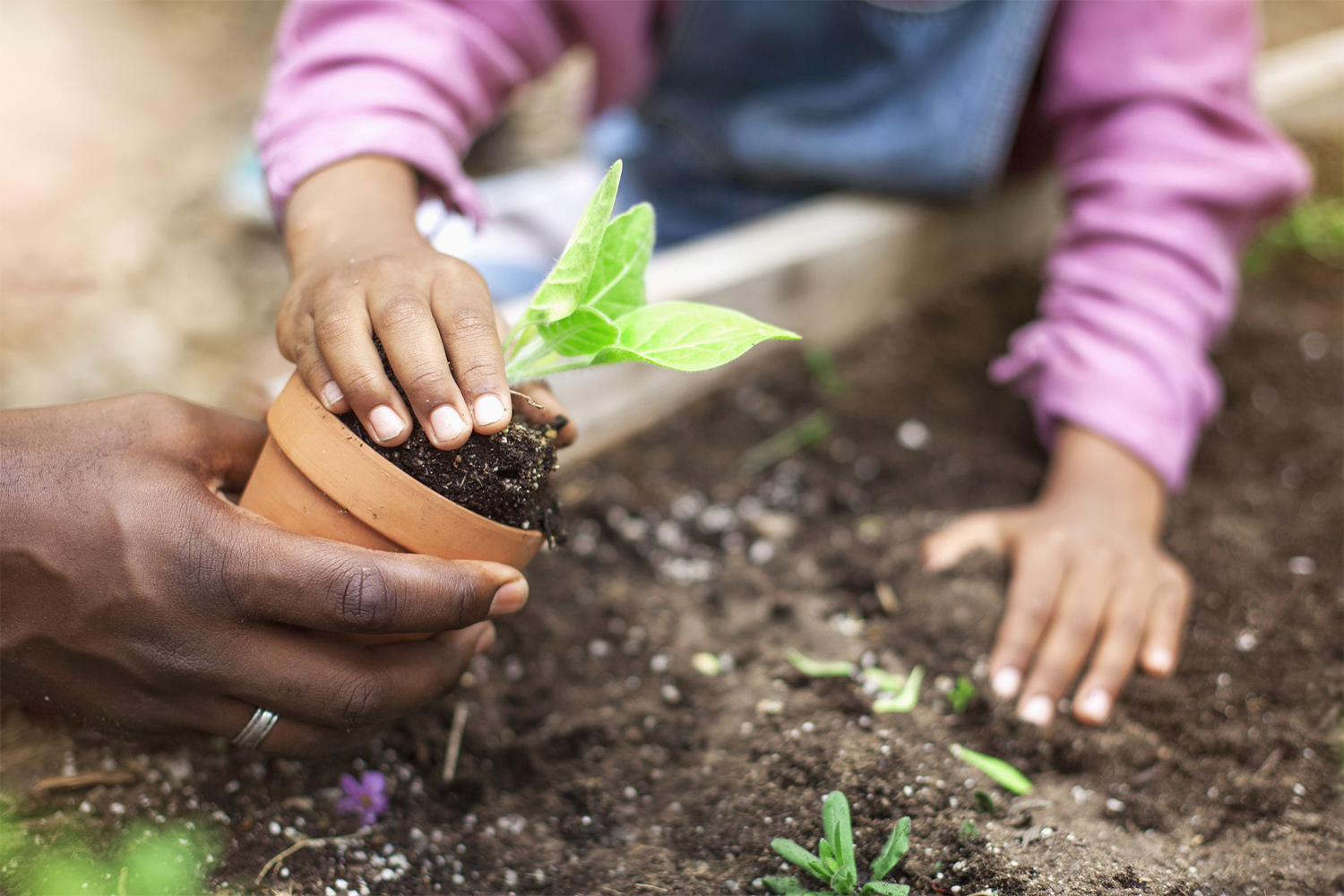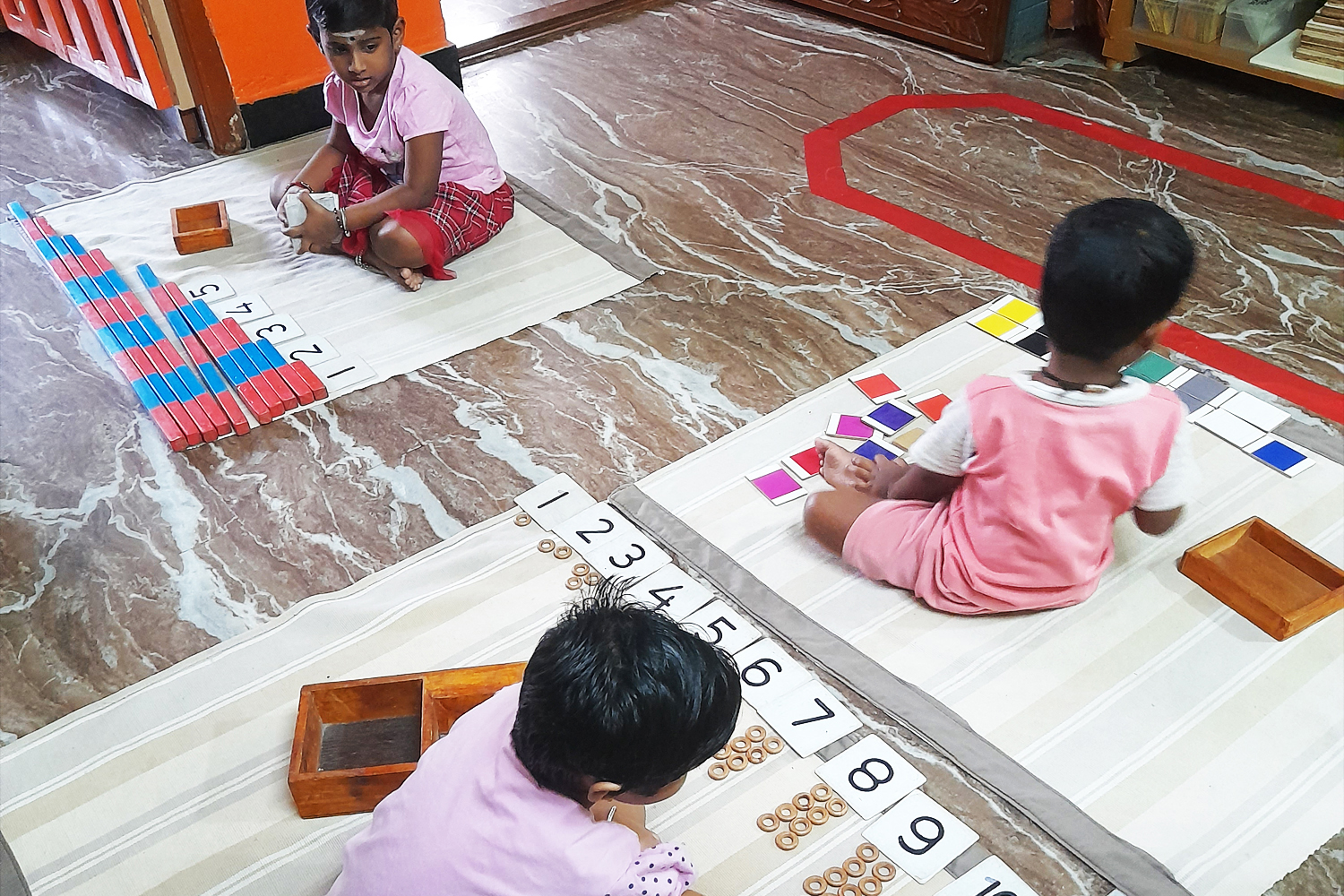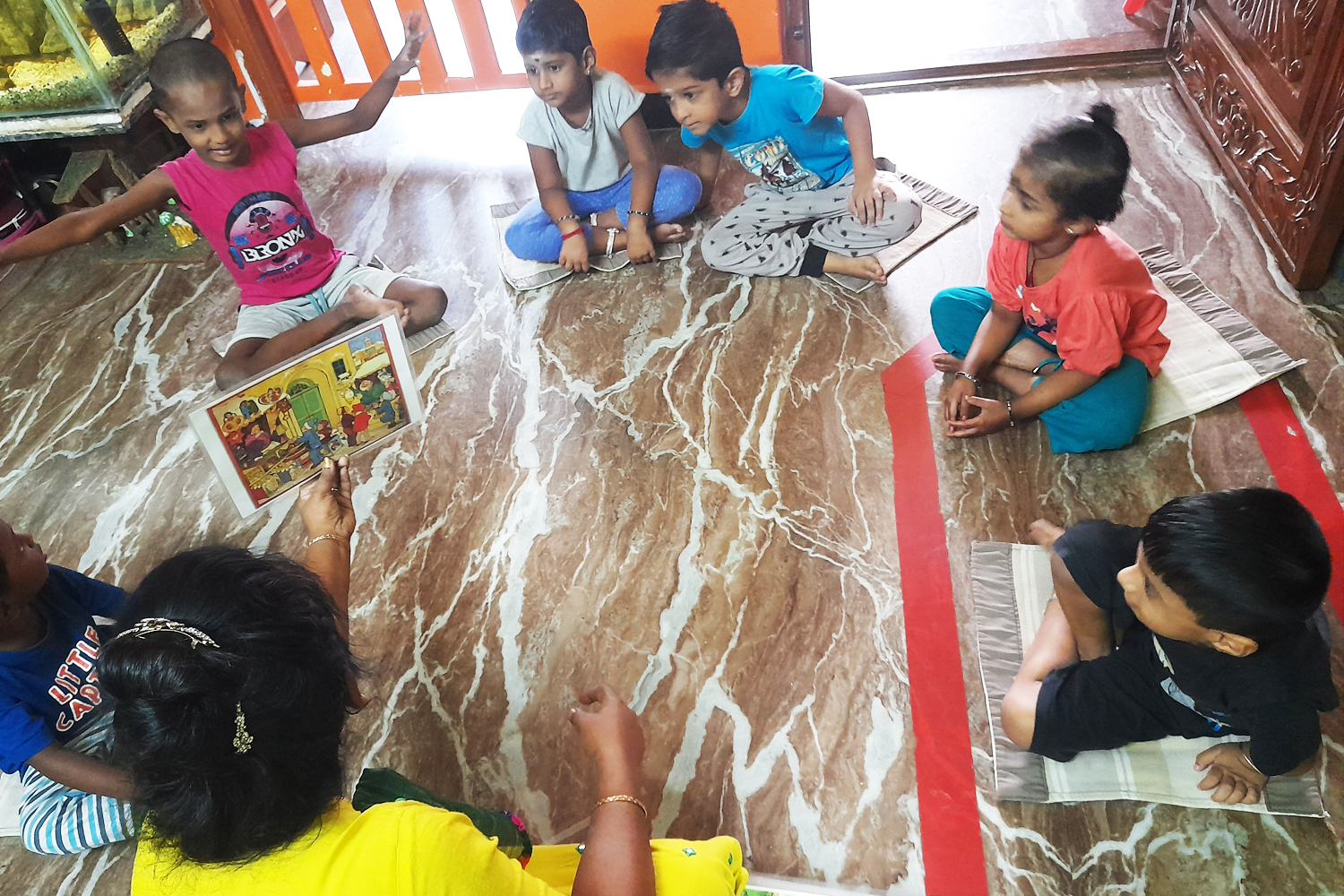Montessori Preschool around Padi and Mogappair
PRE SCHOOL
~ Meeting Early Childhood Needs ~
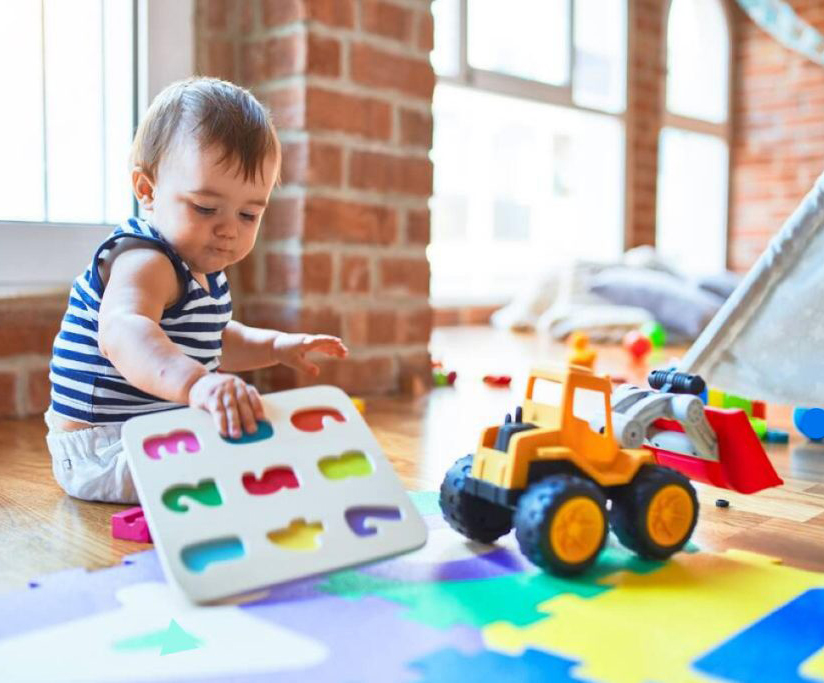
Junior Toddler
( 1.3 Months to 1.11 Months)
Toddlers reach a developmental milestones during this period.....
During this phase child’s developmental growth rate is at its peak, So A B Cube Provides the best Environment.
And at A B CUBE we foster these early developmental needs like.
- Play time ( fine and gross motor skills)
- Talk time ( Talking - language )
- Health Time ( taking care of oneself)
- Environment time( taking care of the environment)
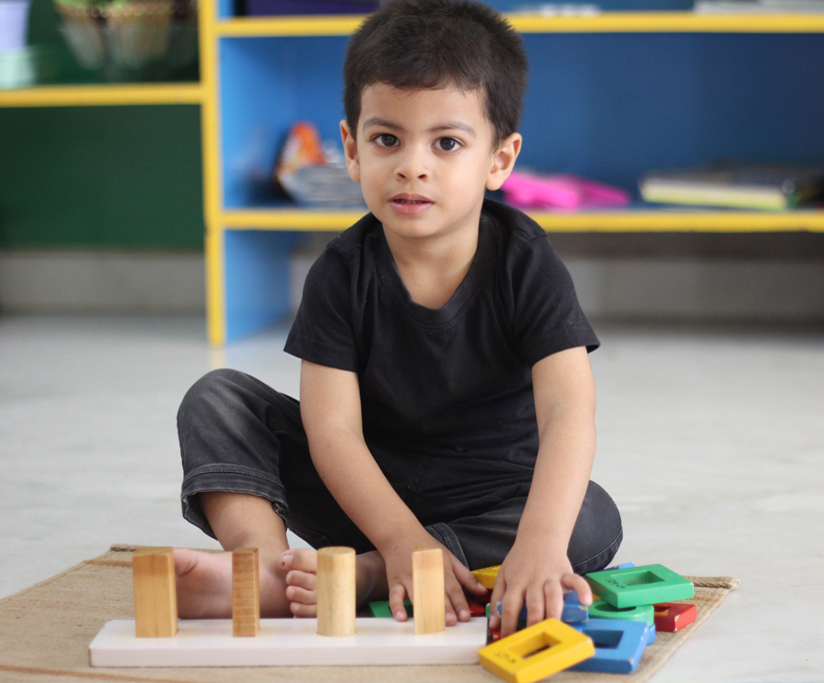
Senior Toddler
( 2 years to 2.5 years )
As children grow, so do their skills...
Children develop at their own rate, learning some skills much quicker than others. A B Cube go hand in hand with the child's development needs.
* GROSS MOTOR SKILLS - skills that use large muscles (legs, arms, trunk, and neck)
* FINE MOTOR SKILLS - skills that use small muscles (hands and fingers)
* SELF HELP SKILLS - skills that help children become more independent
* COGNITIVE SKILLS - mental skills (thinking, learning, problem solving)
* SPEECH SKILLS - Speech and language development
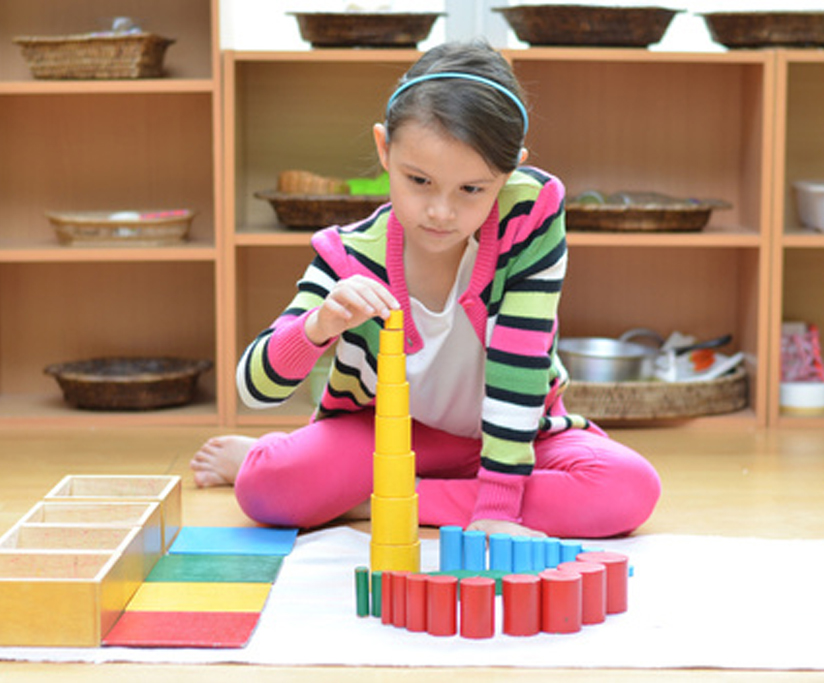
Preschool(M1-M3)
( 2.6 to 5.5 years On )
A B Cube provides the best Curriculum.....
We at A B Cube recognize the lasting impact that early learning experience have on child's development and future learning.
A B Cube provides the best Environment that nurtures
1. Practical Skills - Exercise of Practical Life
2. Intellectual Skills - Sensorial Activities
3. Language Skills - Language Activities
4. Arithmetic Skills - Arithmetic Activities
5. General Knowledge Skills - Cultural Activities
≡ Montessori Curriculum Followed @ A B CUBE from Age Group of 1.9 years to 5.5 years
We follow the authenticate Montessori Methodology at A B CUBE that Involves the Five principles:
ALL CHILDREN ARE SHOWN RESPECT , NEVER HUMILIATED OR LAUGHED AT, AND THEIR REMARKS ARE LISTENED TO SERIOUSLY AND ANSWERED THOUGHTFULLY AND COURTEOUSLY.
• Respect of the child: Respect is shown for the children by not interrupting their concentration.
• The Absorbent Mind: Children constantly learn from the world around them through their senses constantly absorbing information.
• Sensitive Periods: Sensitive period is identified in a child and resources are provided for the child to flourish during this time.
• The prepared environment: The environment is prepared in order that the child independently explores and learns.
• Auto education: The environment provides the necessary inspiration , the guidance and the encouragement for the children to educate themselves.
A B CUBE follow the well-founded program for the education of the young child age ranging from (1.9yrs - 5.5yrs) which include the Five major areas as follows:
1. EPL ACTIVITIES:
In A B Cube the Exercise of Practical Life Curriculum incorporates exercises and activities that children observe in daily life. These activities develop children’s independence, concentration, and fine motor skills. Typical practical life activities involve transferring, food preparation, lessons in grace and courtesy, and cleaning.
Example materials and activities include:
• Spooning
• Tonging
• Threading
• Sweeping
2. SENSORIAL ACTIVITIES:
In A B Cube the Sensorial activities teach children to refine their senses of sight, touch, sound, smell and taste so that they are able to organise sensory impressions and their understanding of the world. Through sensorial materials, children learn about similarity and difference, dimensions, colours and shapes, and distinguish between smells, taste and sound. Sensorial work also prepares children for mathematics, language and geometry by teaching children how to classify and sort.
Example materials and activities include:
• Pink Tower
• Colour Box
• Geometric Solids
• Trinomial Cube
3. LANGUAGE ACTIVITIES:
In A B Cube the Montessori Language Curriculum provides children with the knowledge and skills to build their vocabulary and understanding of language. The skills required for reading, writing and oral language are developed through hands-on experience using the Montessori language materials. Children learn letter sounds (phonics), letter identification and formation, how to combine sounds to make words, how to build simple sentences, and how to properly hold a pencil. Oral language skills are developed through daily social interactions, group time experiences, and lessons in grace and courtesy.
Example materials and activities include:
• Sandpaper Letters
• Moveable Alphabet
• Metal Insets
• Three Part Cards
4. MATHEMATIC ACTIVITIES:
In A B Cube the Mathematics Curriculum teaches children to understand abstract mathematical concepts and relationships through hands-on learning experiences. Children learn to count, identify and match numerals to their quantity, relate decimal quantities and symbols, and become aware of the functions of addition, subtraction, multiplication and division by using the Montessori materials.
Example materials and activities include:
• Numerals and Counters
• Hanging Bead Stair
• Teen Boards
• Hundred Board
5. CULTURAL ACTIVITIES:
In A B Cube the Culture Curriculum incorporates a wide range of subjects, including: Geography, Botany, Zoology, Science, History, Music and Art. Through explorations of culture, children develop an understanding of their community, their world, and their social responsibilities. Children learn to respond to diversity with respect, appreciate music and art, and develop awareness of sustainability.
Example materials and activities include:
• Land and Water Forms
• Continent Boxes
• Life Cycle Puzzle and Activities
• Map Cabinet
ㅤ



